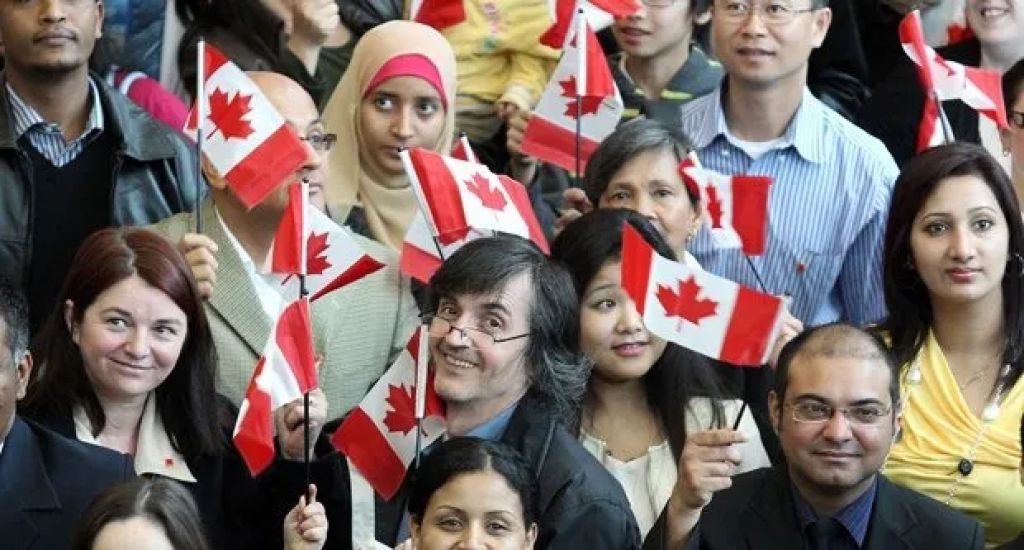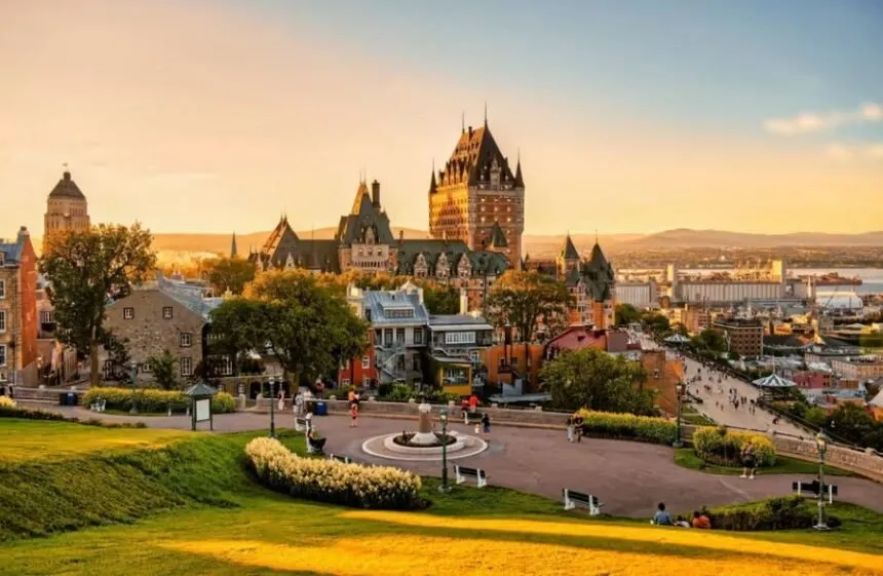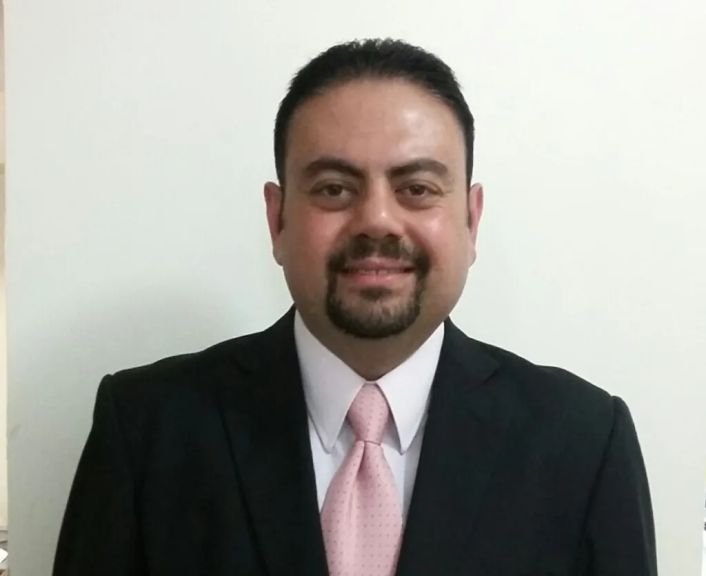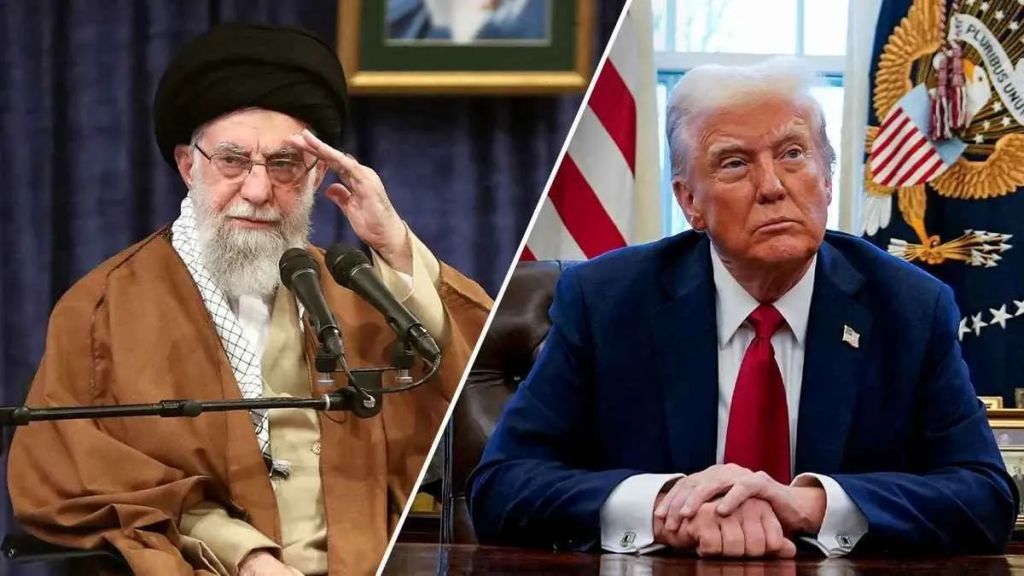Canada Deserves Better Than Identity-Based Politics

Canada—our fresh start, our land of hope and equal opportunity—has always prided itself on being a beacon of democracy and diversity. But something unsettling emerged in the last federal election on April 28. We saw democracy tested not by external forces, but by dangerous practices from within.
Some religious and ethnic groups took it upon themselves to act as political gatekeepers, distributing lists of candidates they deemed acceptable—not for their qualifications or vision, but simply because they shared a faith or cultural background. These self-appointed guardians presented themselves as the wise few, treating their communities like obedient followers rather than free citizens in a democratic society. It was a performance dripping in arrogance and patriarchy, resonating some of the very oppressive systems many of them left behind.
This wasn’t guidance. It was control.
And it struck at the heart of what Canada is supposed to represent. If people fled their home countries to escape authoritarianism, why import the same rotten logic here? If they left behind regimes that told them how to think, why allow new voices here to tell them how to vote?
Social media during the campaign became a battlefield of identity politics. “Vote for your brother in religion,” they said. “Support your sister in background.” As if competence, integrity, experience, and the ability to serve all Canadians had no place in our democratic process. As if Parliament should be a mosaic of tribal loyalty, not a chamber of national unity.
But a democracy built on race or religion is no democracy at all.
While these alarming practices played out here, a powerful message came from Singapore’s Prime Minister. He warned against using race or religion to win votes. His words were clear: Singapore’s strength lies in multiculturalism, but its unity depends on seeing one another first as citizens of a shared land, not members of rival groups.
Now the election is behind us, but the consequences are still unfolding. Our first hope is that those elected—however they got there—will rise above the narrow support that may have helped them win, and stand equally for every constituent they serve. But our second, deeper hope is for a shift in mindset among all of us who have come to Canada seeking a better life: that we build, not divide. That we look forward, not back.
And most critically, political parties must confront their own reflection. In their chase for votes, many turn a blind eye—or even encourage—the exploitation of ethnic, sectarian, or religious affiliations. But this short-term gain is a long-term wound. When you win by dividing a country, what exactly are you left to govern? If the nation tears at its seams, there will be no country to represent, no democracy to protect.
Parties must lead with vision, not fear. With unity, not tribalism. Let us return to the simple, powerful idea that in Canada, we are one land, one purpose, one future. Everything else belongs in the private space—not in the soul of our politics.


















